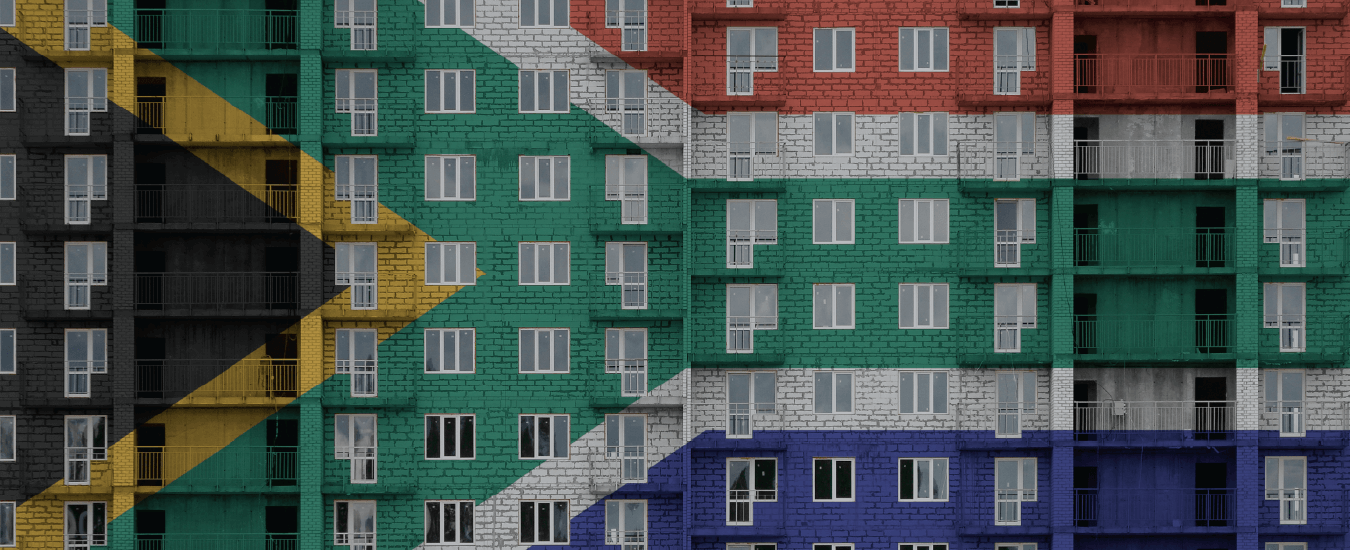HIGH YIELDS, LOW PRICES: WHY PROPERTY IS THE SMARTEST BUY IN 2025
There’s a growing narrative that South Africa is falling apart — that it’s a failing state where property investment is a dead-end and bricks and mortar are no longer a safe bet. Political instability, interest rate hikes, and unemployment dominate headlines. And as fear spreads, many are selling off their properties and pulling out of real estate altogether.
But I’m doing the opposite.
While others are running, I’m buying as many properties as I can get my hands on. Why? Because I follow one of Warren Buffett’s most powerful principles: “Be fearful when others are greedy, and greedy when others are fearful.”
Right now, the South African property market is full of fear. And in that fear, I see one thing: opportunity.
Property Is Cheap — But the Yields Are Not
In many parts of South Africa, property prices have remained flat or even declined in real terms over the past decade. For the fearful, this is a sign to exit. But for the informed investor, this is the moment to strike.
Unlike in overheated markets where yields are compressed and you’re buying at the top of a bubble, South Africa currently offers a rare combination: low entry prices and high rental yields.
You can acquire a well-located apartment, student room, or multi-let unit at a significant discount — and in some areas, achieve rental yields of 12% or higher. Try getting that in other popular asset classes. Most of them are propped up by hype, speculation, and emotion.
In property, you can make your money on the day you buy, not just the day you sell. Buy right, renovate wisely, manage smartly — and you’ve got a cash flow machine.
Watch our YouTube video, Properties That Can Generate Positive Cash Flow From Day One.
You Can Get Rich Using Other People’s Money
One of the most underrated truths in property is this: you don’t need to be rich to get started — but you can become wealthy by doing it right.
That’s because property, unlike many investments, allows you to use leverage. You can:
- Use the bank’s money to fund 90% or even 100% of your purchase.
- Use a seller’s finance to delay or structure payment.
- Use investors’ money to raise capital for deposits and renovations.
- Use your tenants’ rent to repay your bond, month after month.
In essence, you’re using other people’s money to build a portfolio that you own and control — and which pays you while it grows in value.
Now add a strong internal rate of return (IRR) to that equation — especially when your personal cash input is low — and you begin to see why property outperforms many traditional investments when done correctly. The IRR on property, when leveraged smartly, is almost impossible to beat.
Watch our YouTube video, How to Scale your Property Portfolio.
The Best Opportunities Are Often Found in the Worst of Times
History shows that the biggest wealth-building opportunities come not during times of stability, but during times of chaos.
This is exactly one of those times.
Fear has clouded the market. Many are selling at a loss, exiting real estate entirely, convinced that South Africa has no future. And yet, urbanisation continues. People still need places to live — and preferably near where they work. Demand for affordable housing remains strong. Rents are still rising in well-located areas. And while politicians debate policies, the fundamentals of property remain:
- People pay for shelter.
- Tenants repay your bond.
- Cash flow can be predictable and passive.
- Property is real — not a number on a screen.
In tough times, good deals are abundant. But only if you know what to look for and have the courage to act.
But You Must Treat It Like a Business
Let’s be clear: this is not a get-rich-quick scheme.
Building a property portfolio is building a business. And businesses require systems, discipline, and wise decisions. If you want to win in property, you must:
- Buy below market value. Never overpay. Use Lightstone, negotiate hard, and know your numbers.
- Renovate smartly. Don’t overcapitalise. Renovate with purpose — not emotion.
- Rent with care. Vet your tenants. Use a reliable lease. Protect your cash flow.
- Manage well. Track your income and expenses. Automate where you can. Stay compliant. Stay informed.
Run it like a tight ship. Because even the best investment can sink if poorly managed.
The Asset Class No One Talks About — But Should
There’s a lot of noise right now about new-age investments. Assets you can buy with a click, store in a wallet, and speculate on through hashtags and hype.
But many of these asset classes, while popular and “hot,” don’t generate predictable income. They don’t offer tangible security. And many will fade as quickly as they rose.
Without naming names, I’ll say this: I’m not chasing the trends. I’m building long-term wealth. Quietly. Strategically. With bricks, cement, rental agreements, and tenant debit orders.
I’m Not Alone — But I’m in the Minority
Those of us who are quietly acquiring properties during this season are not blind to South Africa’s challenges. We see the infrastructure gaps, the governance concerns, the financial pressure on the middle class. But we also see what others don’t:
- That properties are undervalued.
- That good tenants still pay good rent.
- That interest rates will stabilize.
- That properly structured property portfolios create generational wealth.
And that while many are sitting on the sidelines — waiting for someone to “fix the country” — we’re building empires one property at a time.
This Is a Once-in-a-Decade Opportunity
I truly believe that in 10 years’ time, we will look back at this season and see it for what it is: a window of opportunity that too many missed because they were too afraid to act.
They’ll say: “I should have bought in 2025 when the market was soft.”
I don’t want to be in that group.
I want to be in the group that acted. That bought. That built. That created cash flow and capital appreciation through wise investments and strategic structure.
Watch our YouTube video, Should You Invest in Property in Cape Town or Johannesburg?
Final Thoughts: It’s Still a Yes — If You Do It Right
To those asking whether it still makes sense to invest in property in South Africa, my answer is this: Yes — absolutely. But only if you do it right.
Structure your entities correctly. Buy at the right price. Use leverage wisely. Manage your portfolio like a business. And stay the course when others are losing faith.
It’s in the chaos that the builders thrive. And I, for one, am still building.
Read the entire article in the August 2025 Edition of Real Estate Investor Magazine.


